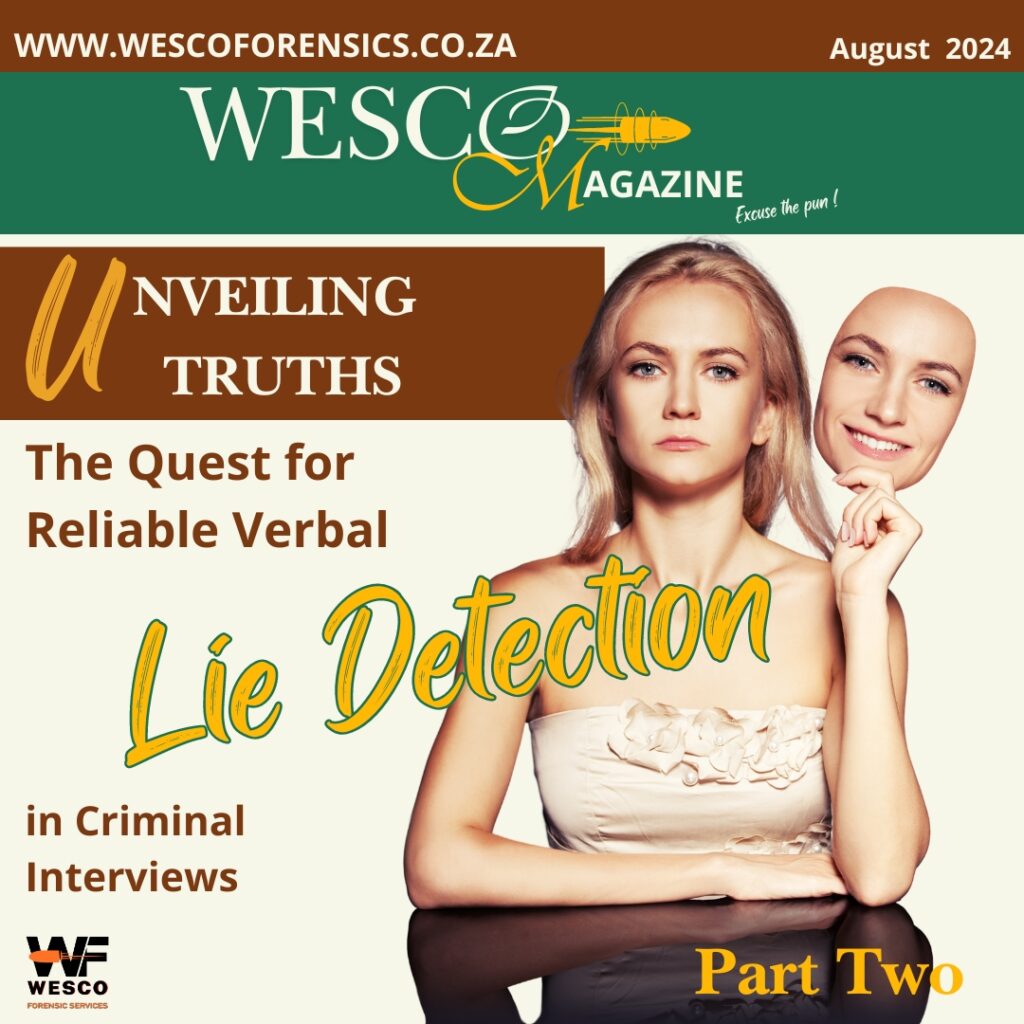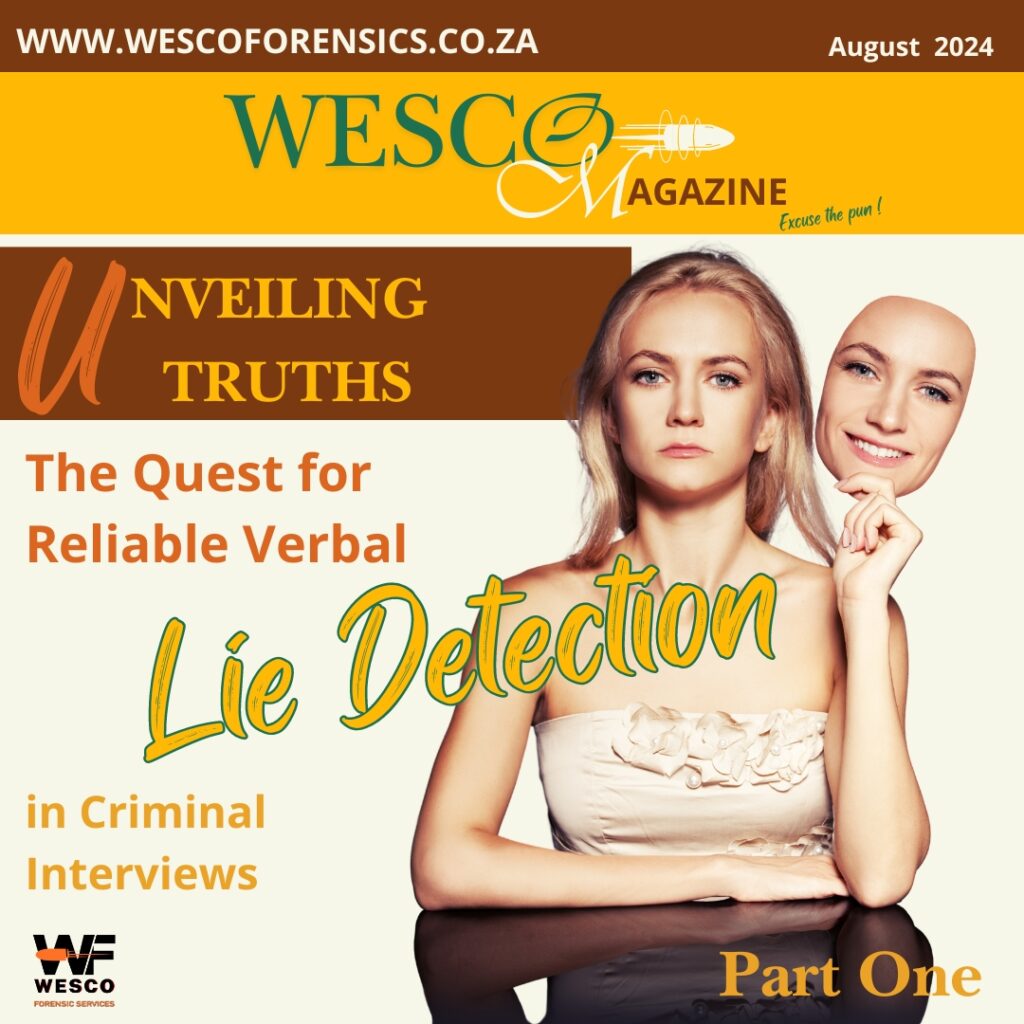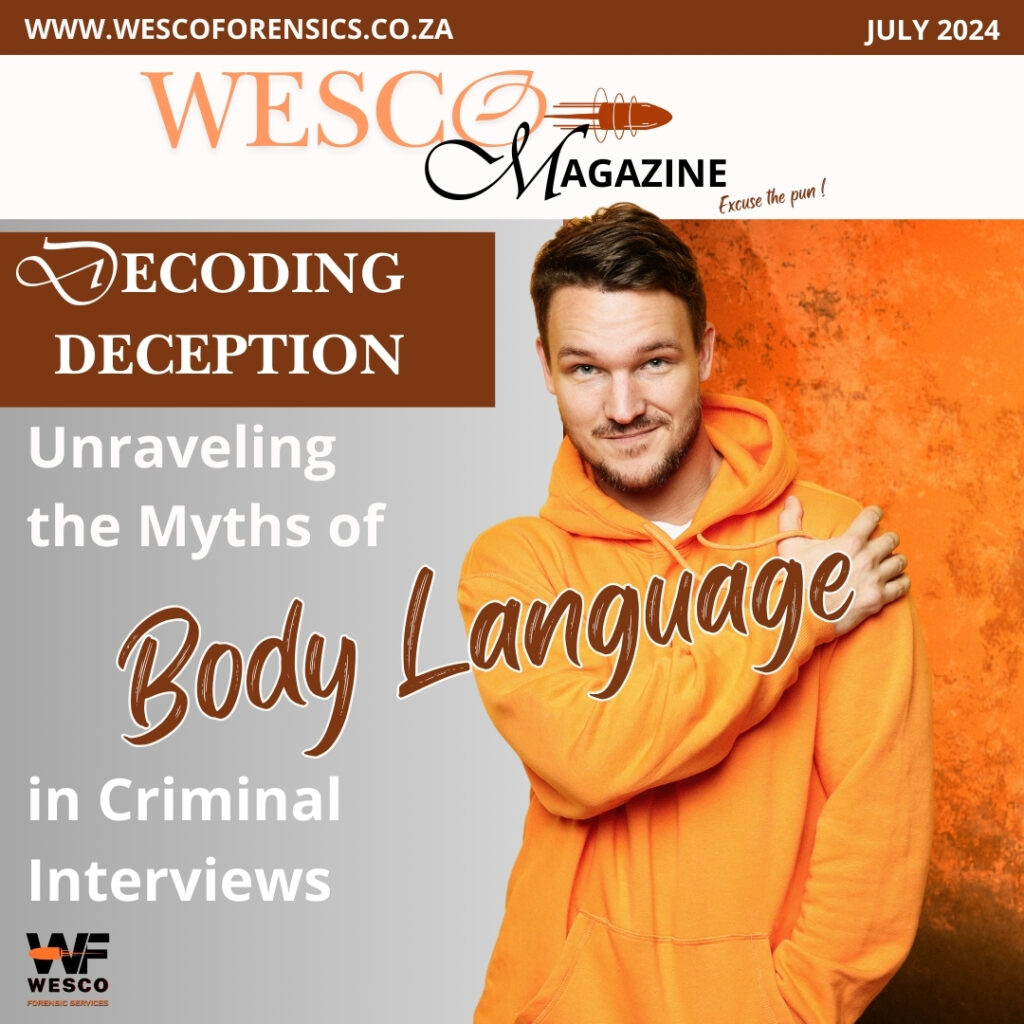Advanced Verbal Lie Detection

In Part Two of our exploration into verbal lie detection, we delve deeper into the cognitive and linguistic signals that often betray deception. By examining how stress and cognitive load affect speech patterns, we uncover key indicators that can help investigators discern truth from falsehood. This section provides practical examples and real-world applications of these techniques, equipping you with the tools to enhance your observational skills and improve the accuracy of your interviews. Whether you are looking to refine your approach or understand the science behind verbal cues, this guide offers actionable insights into the art of detecting lies.
The Quest for Reliable Verbal Lie Detection

In criminal investigations, the ability to detect lies through verbal cues is a powerful tool for uncovering the truth. This article explores the most effective verbal lie detection techniques used in criminal interviews, offering insights into how subtle changes in speech patterns, cognitive load, and linguistic inconsistencies can reveal deception. Whether you’re a seasoned investigator or simply interested in the psychology of truth-telling, this guide provides valuable strategies for sharpening your lie detection skills.
Decoding Deception

Unlock the secrets of non-verbal communication with our comprehensive guide to body language. This article delves into the nuances of how gestures, facial expressions, and posture reveal hidden emotions and intentions. Whether you’re looking to enhance your interpersonal skills, improve your ability to read others, or understand the subtle cues that shape human interactions, this guide offers valuable insights and practical tips for interpreting body language effectively.
